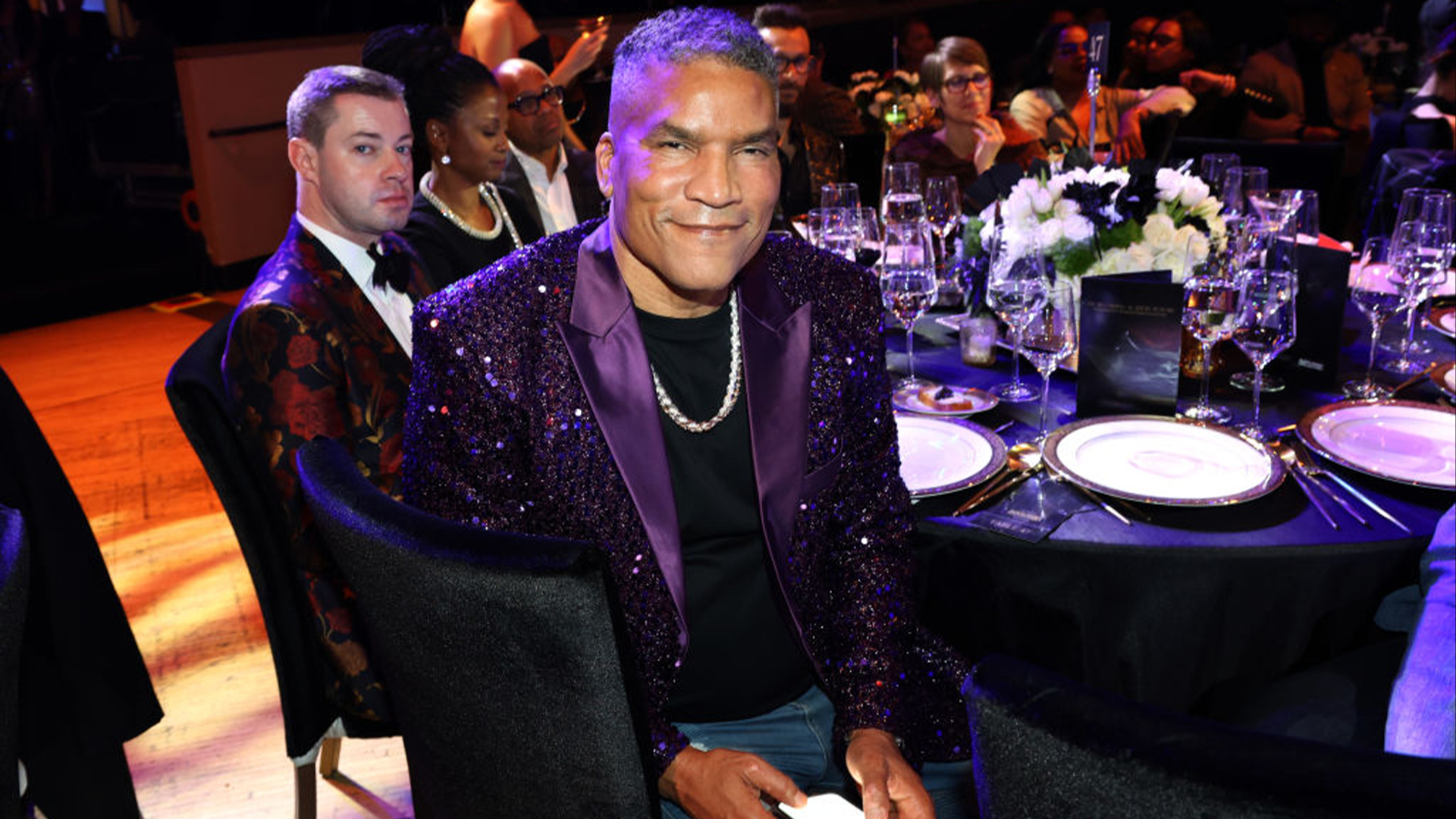There are clubs that no amount of charm or charisma can get you into. The kind where wealth isn’t enough if it isn’t old, where opportunity depends not on merit but on access, and where the real decisions are made behind velvet ropes and closed boardroom doors. For far too long, the world of professional sports ownership has been one of those clubs.
This is where Jaia Thomas and Diverse Representation enter the chat.
What started as a digital directory for Black agents and publicists has evolved into a movement to radically shift the face of power in sports and entertainment. Through events like the recent Black Ownership in Sports Symposium in Atlanta, GA, Founder and CEO Thomas is not just asking for a seat at the table. She’s building new tables altogether. The symposium brings together current and aspiring Black owners, investors, and leaders to discuss tangible pathways into one of the most exclusive spaces in business.
Paxton Baker was one of the speakers at this year’s gathering. A longtime entertainment executive and co-owner of the Washington Nationals, Baker’s journey into Major League Baseball ownership is a case study in preparation, relationship-building, and the transformative power of equity-focused work. Nearly two decades after securing his stake in the Nationals, he remains both a vocal advocate for inclusion and a visionary investor in the future of sport.
Paxton Baker Believes Representation Matters At Every Level
At the recent Diverse Representation Conference, Baker made it clear: He is both a product of and an advocate for diversity, equity, and inclusion (DEI), especially when such frameworks are under fire. “I can state unequivocally that I’m a beneficiary of DEI,” he said.
“If it weren’t for things like DEI, would we get those opportunities? Probably not. People hire their friends, and many people inside the power structure don’t have friends of color. It’s just not who’s in their sphere.”
This candid acknowledgment underscores a broader truth in sports ownership and executive leadership: Access isn’t about handouts. It’s about opening doors that have long been closed to entire communities. “I was ready when I walked in the door,” Baker added. “I brought a lot with me.”
Indeed, Baker’s resume reads like a masterclass in preparation. Before sports, he built his career in media and music, producing events like the Aruba Jazz and Latin Music Festival and working with BET, eventually becoming a general manager for the network. That media acumen paid off when the Nationals faced a 12-year legal battle with the Baltimore Orioles over media rights — an issue he navigated with clarity thanks to his deep background in TV and production.
Still, the journey hasn’t been without its challenges. Baker is frank about what it takes to sustain success.
“The biggest challenge of entrepreneurship? Continuing to win,” he said. “You build relationships, but people leave. You lose clients. You have to wake up every day, grinding like your life or your legacy depends on it, because it does.”
Emerging Sports, Alternative Investments, And The Future Of Ownership
For Baker, the future of ownership is intertwined with emerging opportunities and technological advancements that are radically reshaping the sports industry. As valuations for NBA teams skyrocket — he cites the Boston Celtics’ $6.1 billion sale and the $60 million buy-in required to own 1% — the path forward for many Black and brown investors lies in alternative markets. “The opportunity now is in emerging sports,” he said, naming women’s basketball, professional volleyball, rugby, and tech-forward ventures like the TMRW Golf League (TGL) (virtual indoor golf) and Unrivaled (a women’s three-on-three basketball league) as promising investments.
And what’s driving much of that renewed interest and accessibility? Technology.
Technology has not only transformed content delivery and fan engagement but is also reinvigorating America’s oldest pastime. “Because of the phone, you can watch sports and bet simultaneously. That betting part is of critical importance,” Baker explained. From fantasy leagues to real-time prop bets, tech makes sports — especially baseball — more relevant to younger, tech-savvy fans. And it’s opening up entirely new international markets as well. Baker recently invested in the Brisbane Bullets basketball team in Australia and is watching the Basketball Africa League, based in Rwanda, as it becomes a bettable, global spectacle — all thanks to streaming and mobile platforms.
“Technology is everything,” he said plainly.
This digital transformation is not limited to traditional sports. According to a previous AFROTECH™ article, Nigerian musician and entrepreneur Mr Eazi launched Choplife.ci, a sports betting venture offering casino games and sports betting services. The platform emphasizes responsible gaming and reinvestment in African creativity and sports development.
“This marks a new era in African entertainment,” Mr Eazi said, highlighting the increasing role of mobile access and financial inclusion in shaping the future of global sports engagement.
Legacy, Readiness, And What Comes Next
Creating pathways to ownership is ongoing, and Jaia Thomas is committed to dismantling the myth that there is a pipeline problem and showing that the real issue is access.
“What I try to do is, when I see something that’s missing in the industry, I ask if it’s a fit and then see if we can fill that gap,” she said. “A lot of the events we do are really substantive, and people can walk away with tangible information that they can use moving forward.”
The Black Ownership in Sports Symposium offers a space for dialogue, strategy, and exploration around what broader inclusion in sports ownership may look like. As Thomas continues developing platforms to expand access, speakers like Baker provide insight into the importance of preparation, relationship-building, and capital readiness. His journey illustrates how DEI efforts can lead to meaningful participation in historically exclusive spaces when paired with opportunity and planning.

